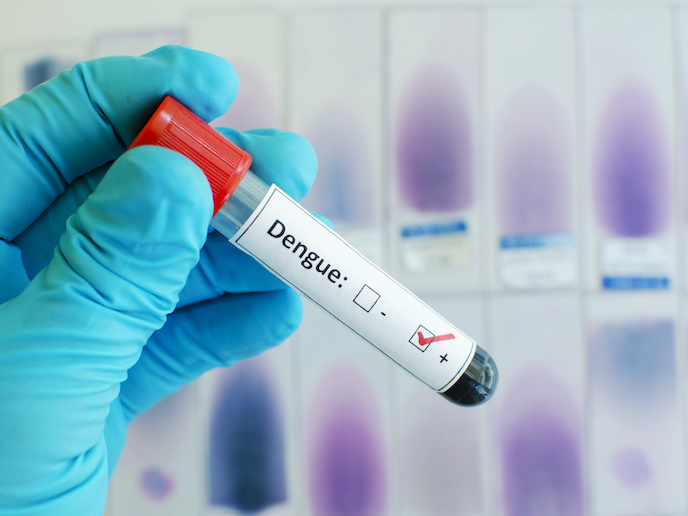Overhaul for schizophrenia treatment
Despite nearly 50 years of pharmacological and psychosocial research, the overall prognosis of schizophrenia has improved only marginally. Large differences in response between patients are probably the main reason for this disappointing result. The EU-funded OPTIMISE(opens in new window) (Optimization of treatment and management of schizophrenia in Europe) project was designed to overcome major issues in schizophrenia treatment. A unique treatment optimisation trial involving almost 430 patients was designed to test a treatment algorithm in first episode schizophrenia. Results showed that amisulpride appears to be a good option for initiation of treatment. Patients either switched after four weeks to another antipsychotic or stayed with amisulpride. A change to clozapine for those non-remitters after these two phases resulted in low level of remission. However, patients who did not meet the strict remission criteria often showed a substantial reduction in psychotic symptoms. Researchers compared biomarkers in remitters and non-remitters. Results showed 26 differentially expressed genes between the two groups. Levels of the S100B protein correlated with the severity of the positive and negative syndrome scale for schizophrenia but there is no simple relationship between S100B levels and antipsychotic response. Testing for the prediction power of the biomarkers for treatment response gave promising preliminary results. Glutamate levels at baseline may be associated with symptom severity and serum cytokines could predict if first episode patients will meet remission criteria when treated with amisulpride. Data results for the psychosocial intervention are pending. In addition, a novel therapeutic strategy, cannabidiol as an alternative drug to the D2-based approach, is still under test in a separate, appropriately designed study. Once all analysis is complete, machine learning will test whether the combination of various demographic data, clinical assessments, neuroimaging and blood marker data can predict response. For patient adherence and prevention of relapse, the OPTIMISE project devised a novel psychoeducational package, which can easily be used in normally daily practice. Overall, the outcome of the project trials could significantly impact current diagnostic and therapeutic practice in schizophrenia. The resulting evidence-based treatment guidelines are expected to improve treatment responses.







